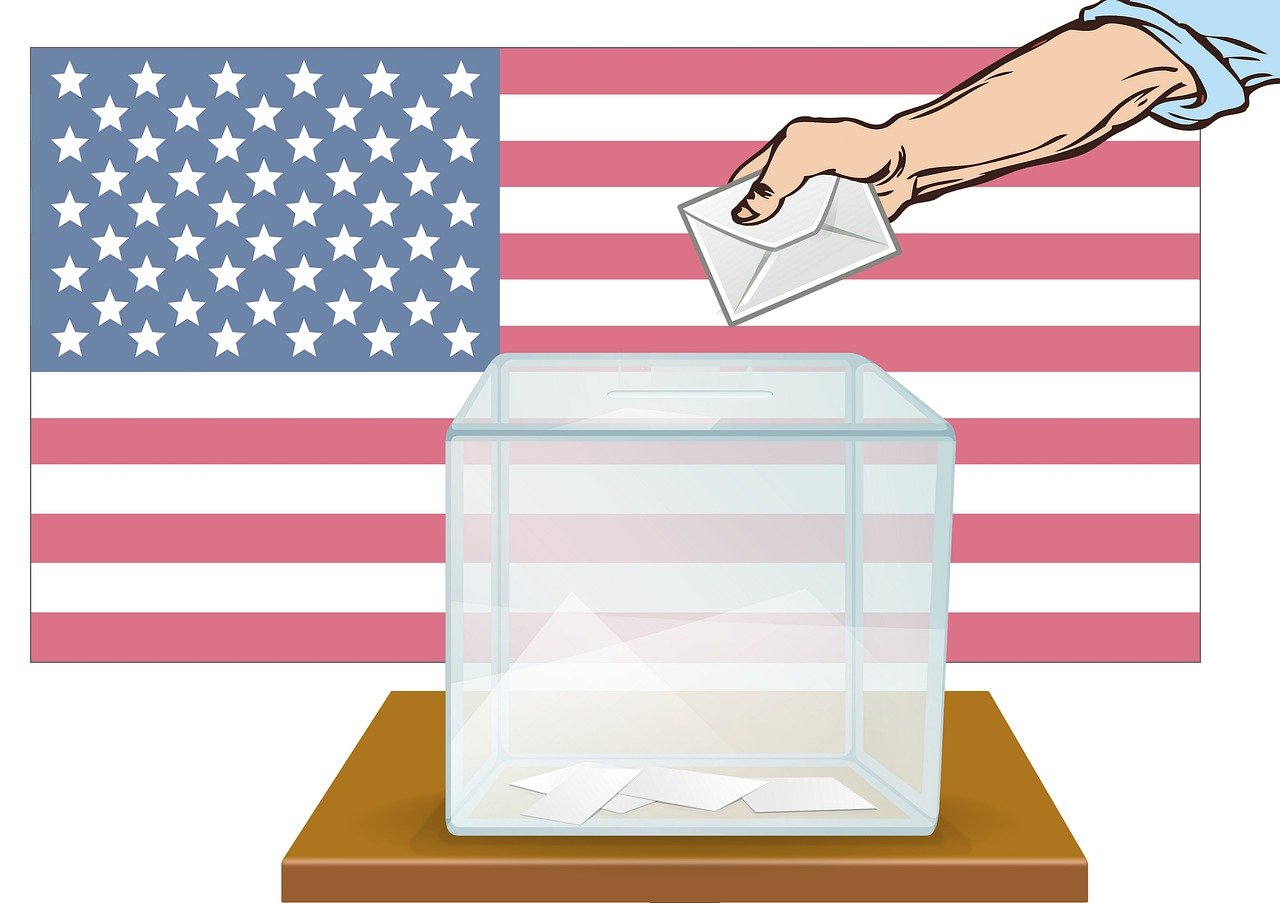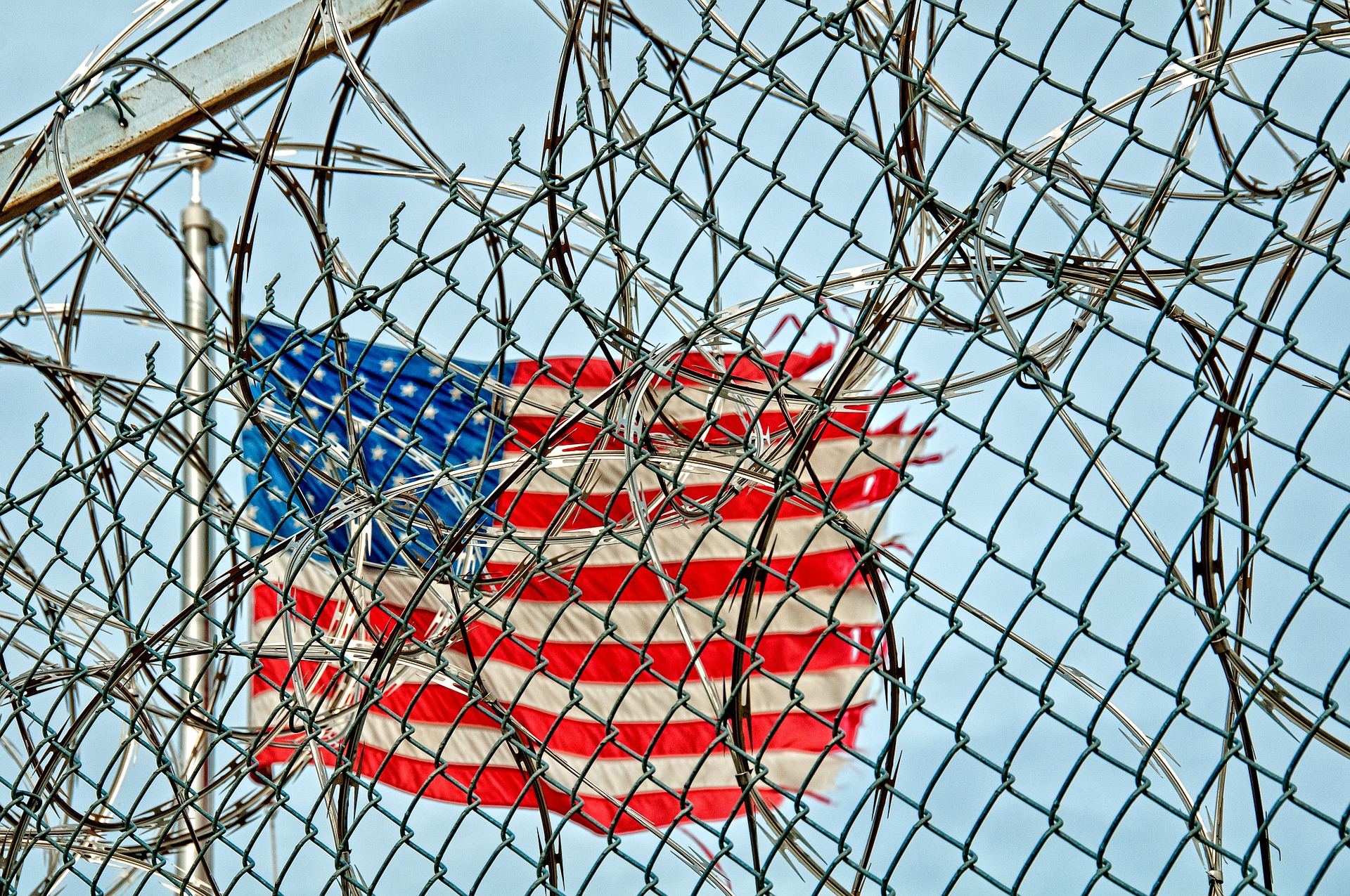As the 2024 U.S. presidential elections draw nearer, Biden and Mexico’s President Andres Manual Lopez Obrador, have announced joint efforts to combat illegal border crossings.
The two leaders have said that their administrations will take steps to decrease illegal border crossings by ordering their national security teams to cooperate. While specific details were not disclosed, a government official has said that immigration enforcement actions may include a crackdown to prevent railways, buses, and airports from being used for illegal border crossings.
The issue of immigration will likely sway voting age Americans who believe President Biden has not done enough to prevent illegal immigration.
Under intense scrutiny and political pressure, the Biden administration has attempted to appease these voters by getting tougher on immigration. Recently, the Biden administration attempted to include restrictive immigration policies as part of a $95 billion foreign aid package for Ukraine, Israel, and Taiwan. Biden called the immigration reform measure the “strongest border security bill this country has ever seen.” If passed, the measure would have given him the authority to turn away migrants at the U.S. Mexico border.
Against political gridlock however, Congress blocked the inclusion of the measure from the bill. This has left the Biden administration to consider the possibility of executive action and internal policy decisions to ramp up its enforcement efforts.
 Visa Lawyer Blog
Visa Lawyer Blog








